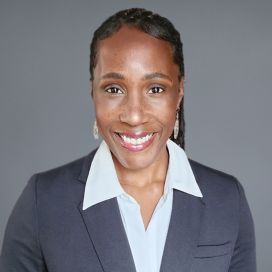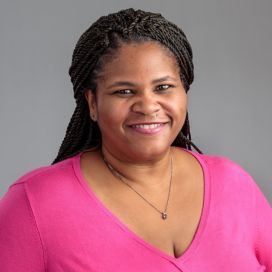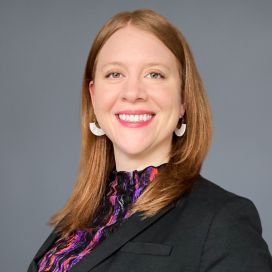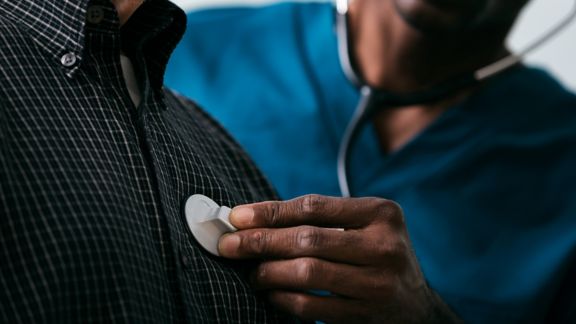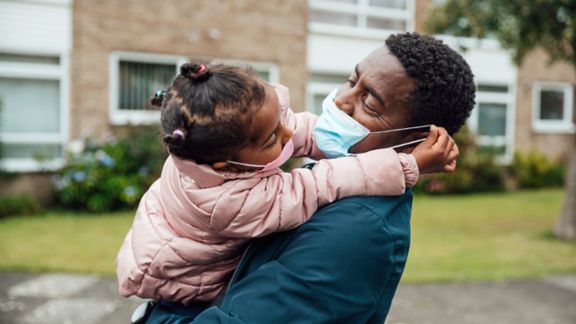The burden of disease and poor health are inequitably distributed based on race, ethnicity, culture, age, social orientation, gender identity, geography, religion, ability, and other characteristics. Social, economic, political, and environmental factors influence these differences in health outcomes. Understanding the root causes of health disparities is vital to creating more just and fair access to health for all.
NORC has decades of experience studying health inequity. Our researchers are skilled in culturally responsive and equitable evaluation, gathering and summarizing reliable data and information on influences that contribute to health disparities and promising strategies to advance health equity. They excel at recruiting and surveying people who are medically underserved and those who are historically marginalized and minoritized.
NORC is deeply committed to embedding diversity, equity, and inclusion in our work, including ensuring that teams are racially and culturally diverse, investigating and maintaining awareness of implicit bias, actively engaging community members as research partners, and developing research questions and data collection protocols that examine cultural contexts and power dynamics among groups.
NORC has supported a variety of projects meant to promote equity and access across the health care landscape, including investigating awareness of racism, social justice, and equity for the Ad Council, integrating clinical and behavioral health care for Black men who have sex with men living with HIV for the Health Resources and Services Administration, advancing health equity within the American Cancer Society, and promoting a culture of health and health equity for the Robert Wood Johnson Foundation. Together, NORC’s health departments and Center on Equity Research combine robust research and technical support capabilities and deep subject matter expertise to deliver innovative solutions to challenges in health research, health care, and health equity.
Health Equity Experts
-
Ashani Johnson-Turbes
Vice President -
Chandria Jones
Principal Research Scientist -
Alison Laffan
Principal Research Scientist -
Margaret Hargreaves
Senior Fellow -
Michelle Johns
Senior Research Scientist -
Petry S. Ubri
Senior Research Scientist -
Vince Welch
Associate Director -
Brandon Coffee-Borden
Senior Research Scientist -
Roy Ahn
Vice President -
Meghan Woo
Principal Research Scientist -
Susan B. Cahn
Senior Research Scientist -
Alycia Bayne
Associate Director -
Phoebe Lamuda
Senior Research Director -
Ilana Dickman
Senior Research Director -
Jessica Salas-Brooks
Research Scientist -
Megan Skillman
Senior Research Scientist
